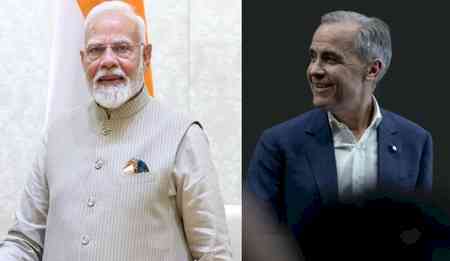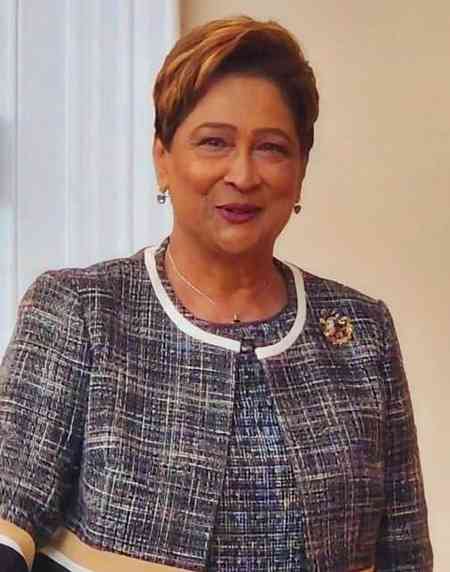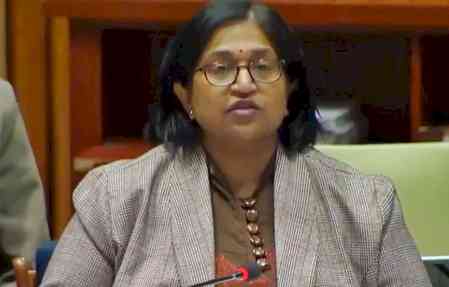PM pushes for full right to transit within SCO member countries
Prime Minister Narendra Modi in the SCO Summit has pushed for full right to transit within the member countries.

Samarkand, Sep 16 (IANS) Prime Minister Narendra Modi in the SCO Summit has pushed for full right to transit within the member countries.
In his address in Hindi, the Prime Minister said: "The pandemic and the crisis in Ukraine caused many obstacles in global supply chains, due to which the whole world is facing an unprecedented energy and food crisis. SCO must make efforts to develop reliable, resilient and diversified supply chains in our region. This will require better connectivity, as well as it will be important that we all give each other full right to transit."
He said that the role of SCO becomes very important as SCO member countries contribute about 30 per cent of global GDP, and 40 per cent of the world's population also lives in SCO countries. India supports greater cooperation and mutual trust among SCO members.
He also said that India's economy is expected to grow by 7.5 per cent this year, which will be the highest among the world's largest economies. A lot of focus is also being given on the proper use of technology in our people-centric development model. We are supporting innovation in every sector.
Today, there are more than 70,000 Start-ups in India, of which more than 100 are unicorns.
"Our experience can also be useful for many other SCO members. For this purpose, we are ready to share our experience with SCO member countries by establishing a new Special Working Group on Start-ups and Innovation," he added.
The PM asserted that India is today one of the most affordable destinations for medical and wellness tourism in the world. WHO Global Centre for Traditional Medicine was inaugurated in Gujarat in April 2022. This will be WHO's first and only global centre for traditional medicine.
"We must increase cooperation on traditional medicine among SCO countries. For this, India will take the initiative for a new SCO Working Group on Traditional Medicine," he added.


 IANS
IANS 










